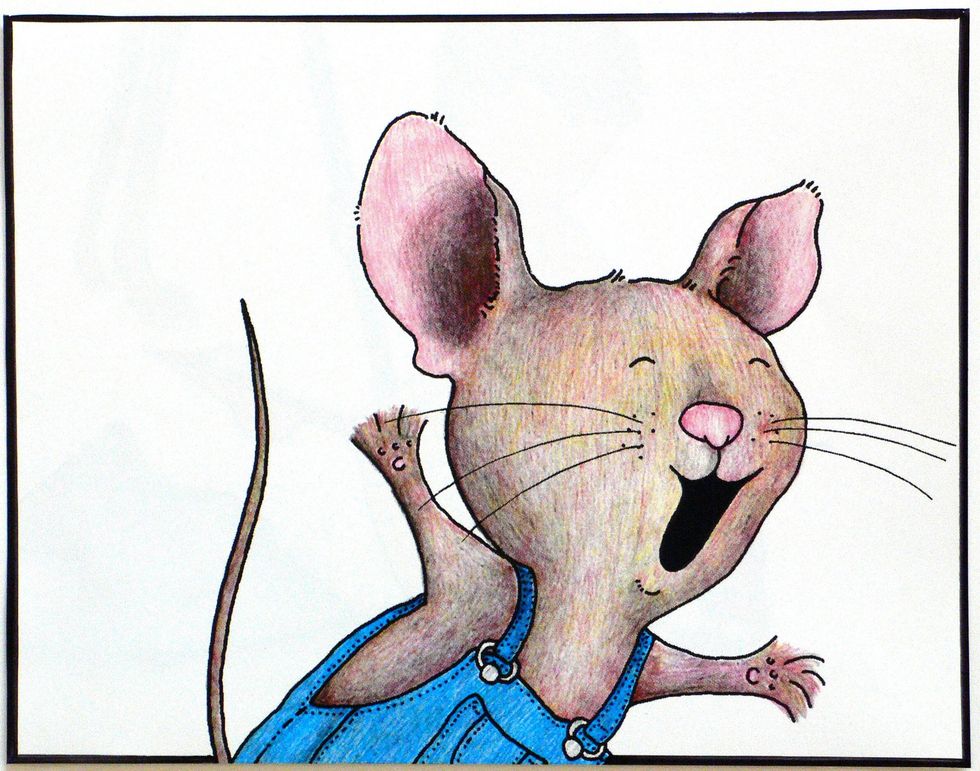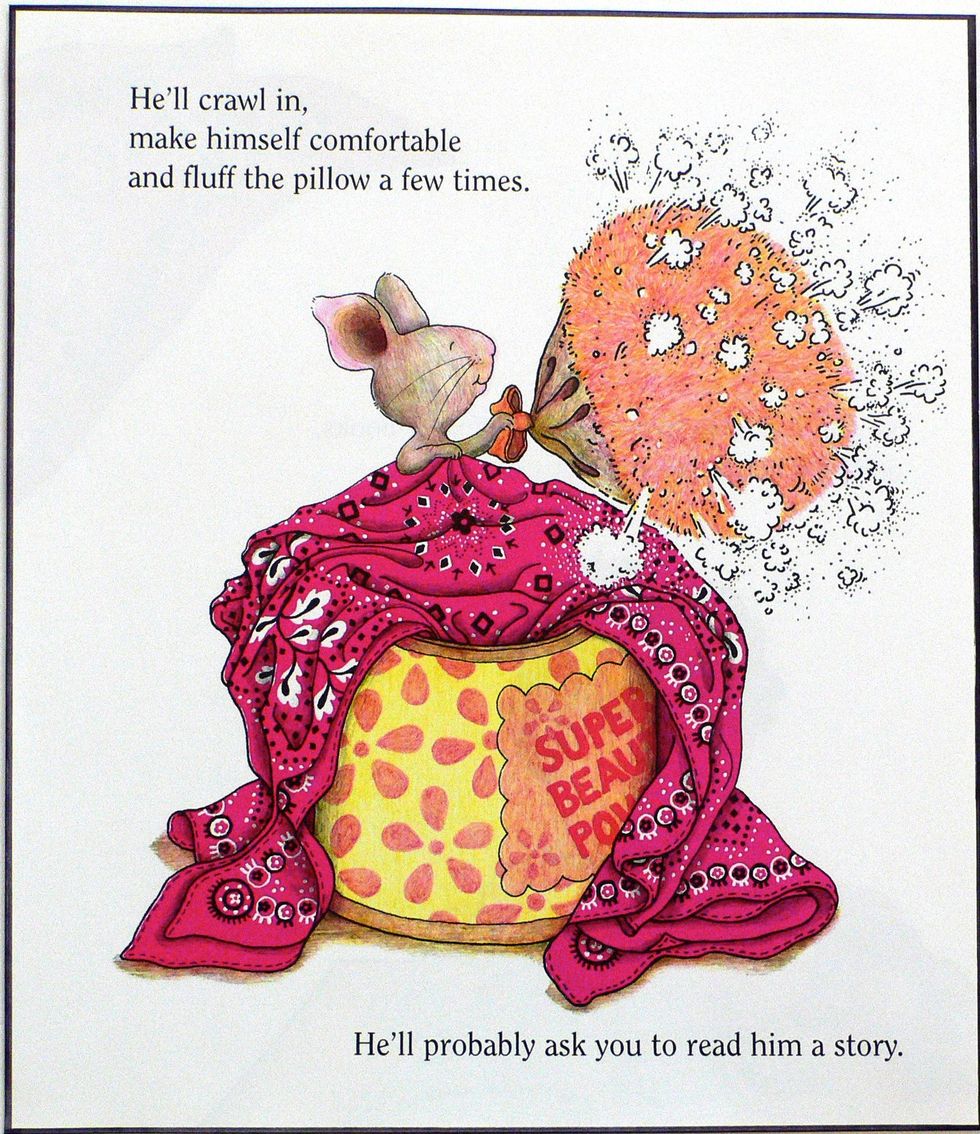One lesson that struck me in ninth grade and has stuck with me since is the difference between connotation and denotation. It is actually quite simple: Denotation is the actual, technical definition of a word, it is what you get when you Google a word. But connotation is the feeling of a word, it is the unintended meaning society, or us personally, give a word.
Quick example; a Nazi is, by definition, a person who is a part of a particular political party. But the connotation, in this day and age, is incredibly negative as it reminds people of the pain and devastation those people were party to in World War 2. The denotation is absolute, while the connotation is relative. To me motorcycles have a positive connotation as I see them as exciting while to my parents motorcycles have a negative connotation as they see danger. But either way, the definition of the object remains the same.
Now, while it may be politically incorrect, let’s ignore the new genders and such emerging and concentrate on the denotation and connotation of these words: man, woman, boy, and girl.
Let’s look at females first. Obviously, children are girls. You don’t have a baby and say, “It’s a woman!” So when do girls become women? Technically, it’s puberty. When girls get their first period, more often than not, someone is there to say, “Congratulations, you are a woman now.” It seems to be a clear turning point, yet it does not continue. How many 13-year-olds identify as a woman? Or want to? Even when we get older we have girls’ nights and things that show that females tend to want to identify as girls more than as women. So “woman” must have some kind of negative connotation that “girl” lacks.
Now males. Again, children are boys, but unlike women there is a definite kind of yearning to be a man. Yet they don’t have a kind of concrete line like girls (women?) do. Puberty doesn’t have a turning point equivalent to periods. Boys don’t start declaring themselves men when they have a wet dream or when their voice cracks for the first time. So males see “man” as having a positive connotation, and “boy” as negative.
Now, for either gender, by the time anyone gets to a certain age they are a man or woman. I mean, even if a woman lives with her parents without a job at the age of 30 she is still regarded as a woman. It is similar for men, so something must happen between the ages of 10 and 30 so that boys can be men and girls can be women.
So perhaps it is an event. Even in generations past boys had to have an accomplishment to become a man. Maybe in war times it was killing, sometimes it was having sex, or taking responsibility of a family. Likewise, the event for women we already touched on was puberty, but there is also other events similar to men’s like marriage, or becoming a mother, or taking charge of a home or family(whether that be as a homemaker or career woman).
So why the difference in connotation? Why do boys yearn to be men and girls want to remain girls? Maybe it is because men are allowed to be boys, while women are not expected to still be girls. No one really wants to grow up. While adulthood has its perks, childhood is so free and purely joyful it seems awful to give it up. Since men have the stigma “boys will be boys,” women do not have that same expectation. Girls are seen as young and naïve, and those aren’t things women can reclaim as easily as men can reclaim a sport or hot wheels collection or a general need to watch people beat each other up.
As a disclaimer, I am aware that these are stereotypes and not everyone feels this way. Some girls always wanted to be women, and some boys never wanted to be men. But this is just a general look at how our society has change the connotation of these definitive words in different ways because of gender and expectations.



















